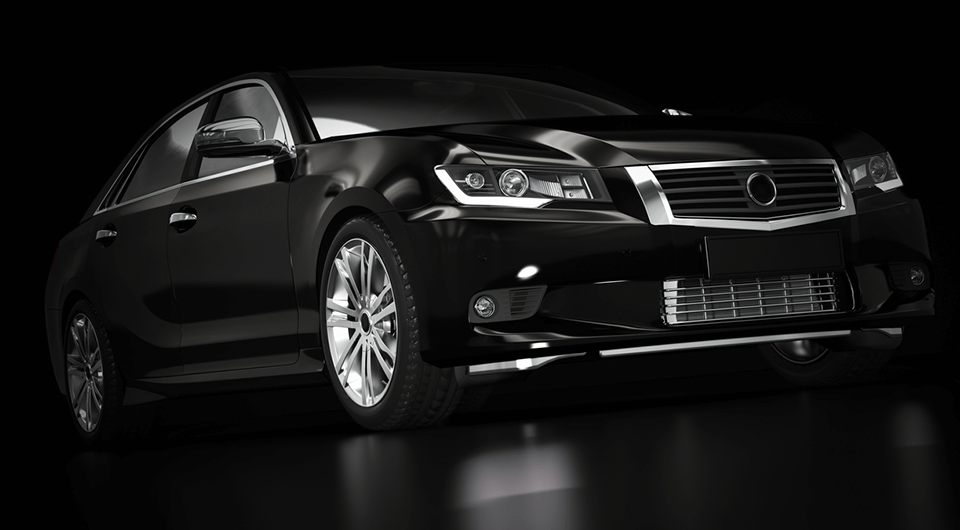In an era where the environmental impact of personal transportation is under intense scrutiny, the automotive industry is undergoing a profound transformation. The spotlight is on electric and hybrid vehicles, promising reduced emissions and increased energy efficiency.
But which one truly holds the key to a sustainable and economical future? Let’s delve deeper into the intricacies of electric and hybrid vehicles to make an informed decision.
Understanding Electric Cars
Electric cars, powered solely by electricity, have emerged as one of the most promising solutions to combat the environmental hazards associated with traditional gasoline-powered vehicles.
With the advancement of technology, electric vehicles (EVs) have become more practical, boasting longer ranges and faster charging capabilities.
The Green Promise of Electric Cars
Electric cars significantly reduce greenhouse gas emissions, producing no tailpipe emissions. This translates to cleaner air and a reduced carbon footprint, making them a compelling choice for eco-conscious consumers.
With the use of renewable energy sources, such as solar or wind power, the environmental benefits of electric cars can be further amplified.
Range and Charging Infrastructure
One of the critical factors limiting the widespread adoption of electric cars is the concern over their range and the availability of charging infrastructure. While major strides have been made to enhance electric vehicles’ range, charging infrastructure remains a hurdle, particularly in certain regions.
However, the growing network of fast-charging stations is gradually alleviating these concerns, making electric vehicles a viable option for longer journeys.
Economic Considerations of Electric Cars
While the initial cost of electric cars might seem steep compared to their gasoline counterparts, the operational costs tend to be significantly lower. Electric vehicles generally require less maintenance and have fewer moving parts than internal combustion engines.
Moreover, the cost of electricity for charging an electric car is often lower than the cost of gasoline, leading to long-term savings for the owner.
Exploring Hybrid Vehicles
On the other hand, hybrid vehicles offer a bridge between conventional gasoline-powered cars and fully electric vehicles. By combining an internal combustion engine with an electric motor, hybrids aim to provide improved fuel efficiency and reduced emissions without the range limitations of electric cars.
The Efficiency Dynamics of Hybrids
Hybrid vehicles leverage the synergy between the internal combustion engine and the electric motor, optimizing fuel consumption and minimizing emissions. Through intelligent systems that switch between the electric motor and the engine based on driving conditions, hybrids offer better mileage in stop-and-go city traffic, making them an attractive option for urban commuters.
Environmental Impact of Hybrid Vehicles
While hybrid cars still rely on gasoline, their integration of electric components reduces fuel consumption and lower emissions than traditional vehicles. Although they may not be as environmentally friendly as electric cars, hybrids represent a significant step toward sustainability, particularly for those requiring longer driving ranges’ flexibility.
Cost Considerations and Maintenance
Hybrid vehicles are generally more affordable than fully electric cars, making them an accessible option for consumers seeking an environmentally conscious yet cost-effective alternative. Additionally, the maintenance costs for hybrid vehicles are typically comparable to those of traditional gasoline cars, making them a practical choice for those wary of the initial investment associated with electric vehicles.
Choosing the Right Option: Factors to Consider
When contemplating whether to opt for an electric or a hybrid vehicle, several crucial factors should be considered. Your daily commuting distance, access to charging infrastructure, environmental concerns, and budget constraints all play a pivotal role in making the most suitable choice.
The Verdict: Which Option Suits You Best?
Ultimately, the decision between an electric car and a hybrid vehicle hinges on your specific needs and priorities. If you have access to a reliable charging infrastructure, a preference for zero tailpipe emissions, and a willingness to invest in a sustainable future, an electric car might be your ideal choice.
However, a hybrid vehicle could be the perfect compromise if you require a versatile vehicle with a longer range, reduced emissions, and a more budget-friendly upfront cost.
Both electric cars and hybrid vehicles represent significant strides toward a more sustainable and environmentally friendly automotive industry. Whether you prioritize zero emissions, extended range, or cost efficiency, the market now offers viable options for every eco-conscious consumer.
As technology continues to advance, the future of transportation appears increasingly promising, with electric and hybrid vehicles driving us toward a cleaner and more sustainable tomorrow.





